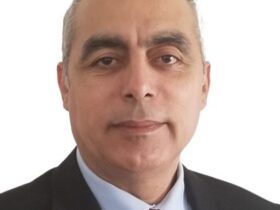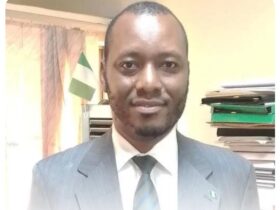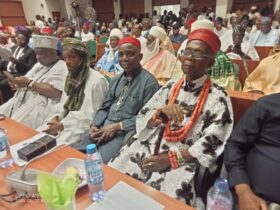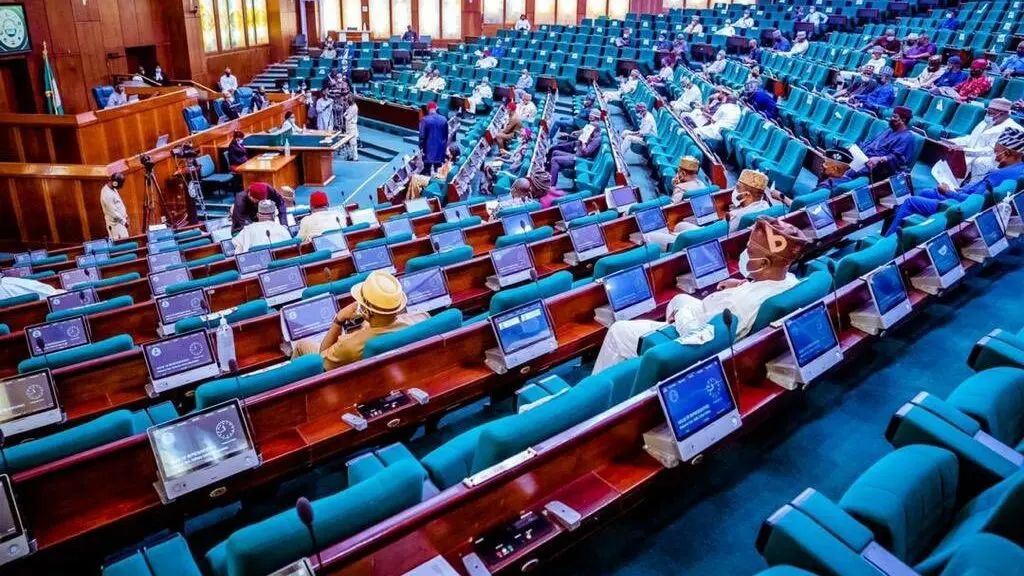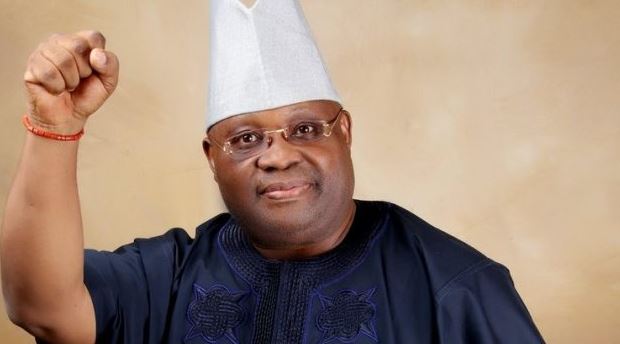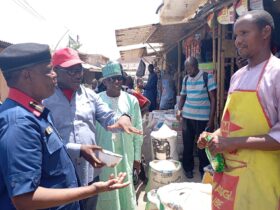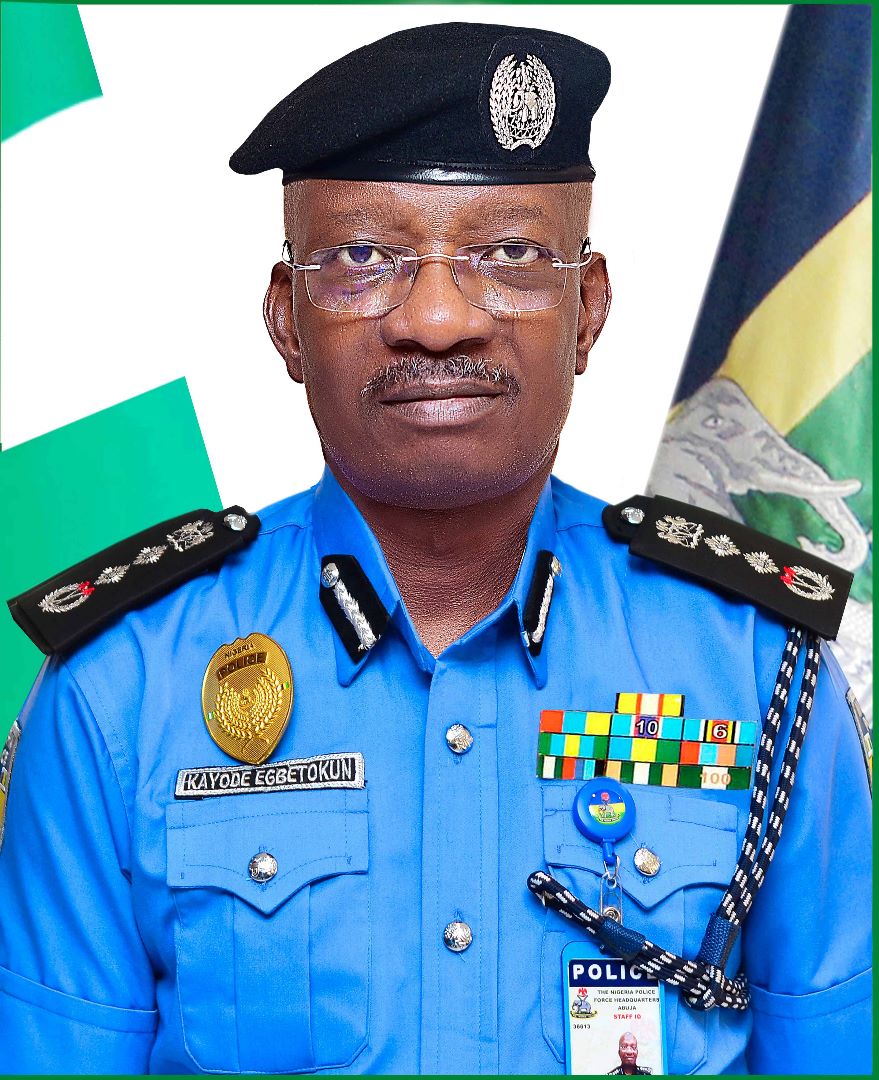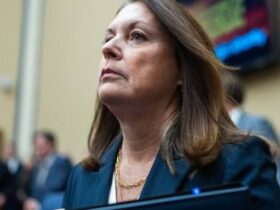Nigeria government and United States of America have signed an agreement to repatriate a total sum of $954,807.40 US Dollars the American government recovered from former Governor of Bayelsa State late Mr. Diepreye Solomon Peter Alamieyeseigha to Nigeria.
United States government and Federal Government of Nigeria agreed that the recovered looted sum would be used to implement a Health Centre Project in Bayelsa State for the benefit of the people of the state.
The Attorney General of the Federation and Minister of Justice, Abubakar Malami SAN who was represented by the Permanent Secretary and Solicitor General of Federation of Nigeria Mrs Beatrice Jedy-Agba at the ceremony thanked the government of the United States for ensuring that looted funds are returned to Nigeria.
He noted that the gesture of the United States with looted funds are not only in this case but in other pending cases such as Galactica ,Blue Assets ,Seaborne amongst others.
Malami said that this particular asset return arose from the forfeiture and recovery of approximately $1million USD linked to the corrupt practices of former Governor of Bayelsa State D.S.P Alamieyeseigha.
He recalled that the United States in collaboration with the Federal Republic of Nigeria initiated and completed “forfeiture proceedings against certain real property and investment funds located in Maryland and Massachusetts against the former Governor which resulted in the net forfeiture to the Government of United States of America totaling the sum of $954,807.40.”
Malami said that ‘following the court order, the FRN and the USA entered into negotiations and have finalized the terms of the asset return agreement.”
According to him, President Muhammadu Buhari has already approved that the expected sum would be utilised for implementation of a health centre project for the benefit of the people of Bayelsa State adding that Civil Society Organizations and Federal Government through the Federal Ministry of Justice would monitor the project.
United States Ambassador to Nigeria, Mary Beth Leonard said this marks the conclusion of a legal process launched over 15 years ago and that the Health care sector in Bayelsa State would directly benefit the people.
She said that during Alamieyeseigha tenure as a public servant from 1999 to 2005 he made a few trips to US ,” DSPs official salary did not exceed the equivalent of about $81,000 per year.”
“However, during that time, he accumulated millions of dollars worth of property through corrupt acts such as abuse of office, money laundering, and other violations of Nigerian and US law.”
She said the funds are returned in accordance with our obligations under the UN Convention against Corruption and to further the tenets of transparency and accountability set forth in the Global Forum on asset recovery principles for disposition and transfer of confiscated stolen assets and corruption.
Ambassador Leonard noted that as a result of today’s agreement, “health care across Bayelsa State will be improved through the rehabilitation, refurbishment and equipping of healthcare centres as requested by the state.,”
In his remark, the Attorney General and Commission for Justice, Bayelsa State, Biriyai Dambo, SAN, who represented Governor Douye Diri assured that the recovered fund would be used specifically for Health Centre.

